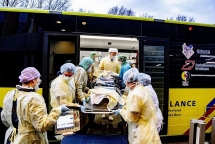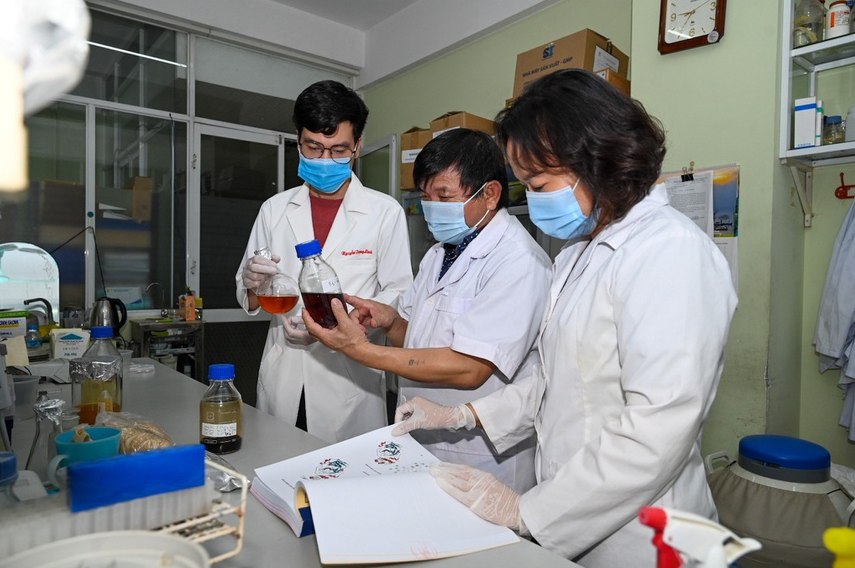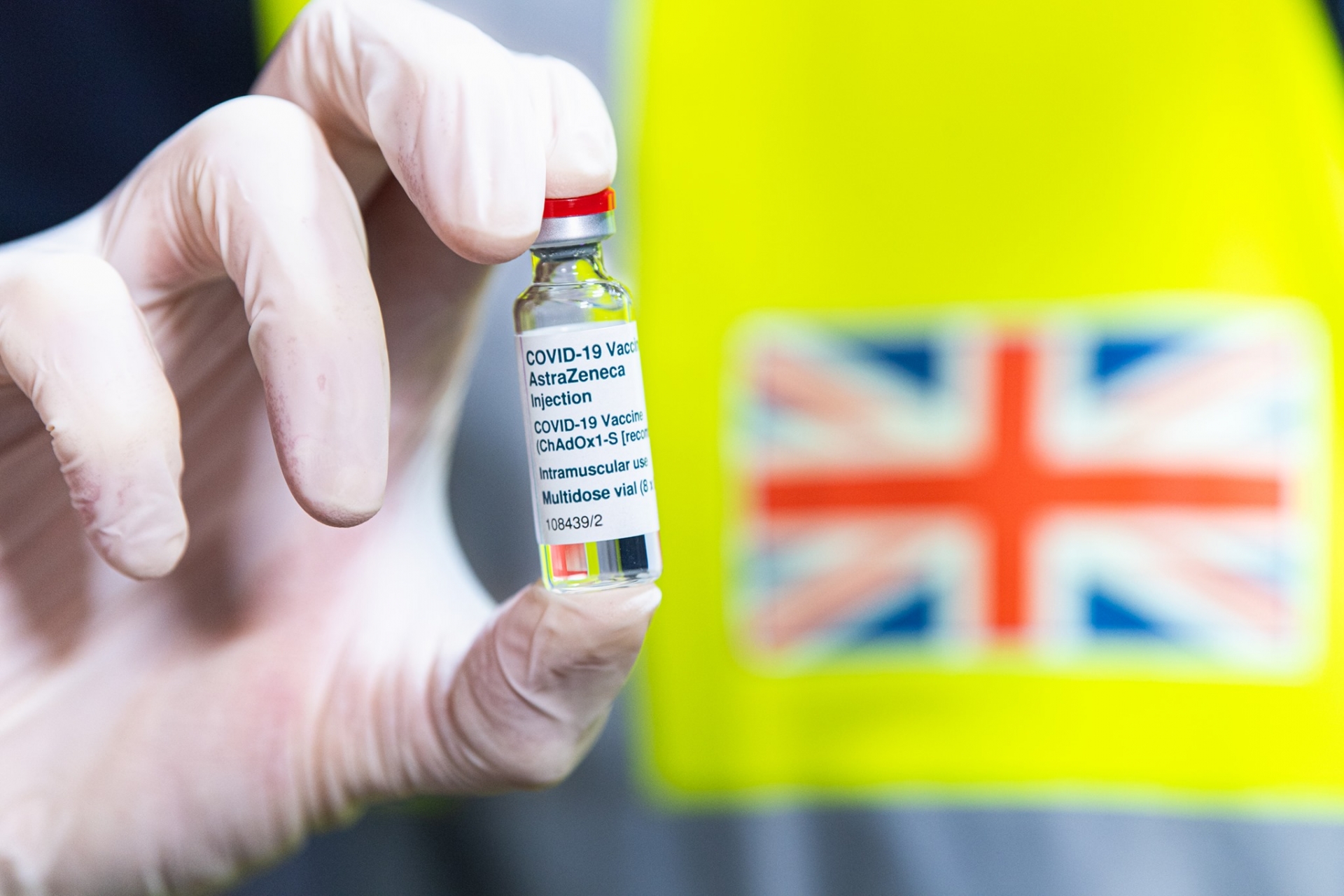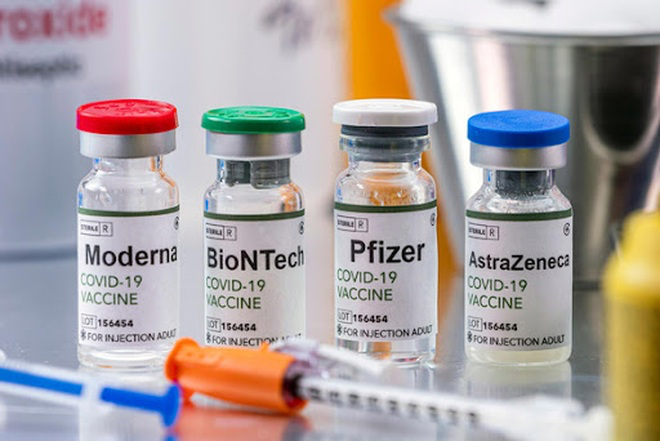Covid-19 patients could still be contagious 8 days after symptoms disappear
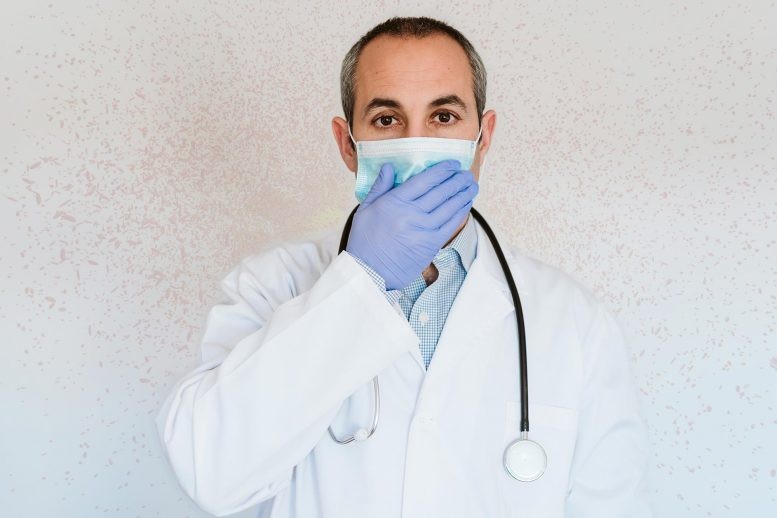 |
| The novel virus can still be infectious up to 8 days after the patient appears to recover (Photo: SciTechDaily) |
The research groups looked at 16 patients, whose median age is 35.5 years, with mild cases who were admitted to the Treatment Center of PLA General Hospital in Beijing between Jan. 28 and Feb. 9.
Researchers collected samples from throat swabs taken from all patients on alternate days and analyzed. Patients were discharged after their recovery and confirmation of negative viral status by at least two consecutive polymerase chain reaction (PCR) tests.
“The most significant finding from our study is that half of the patients kept shedding the virus even after resolution of their symptoms,” co-author Dr. Lokesh Sharma from the Yale School of Medicine said in a statement.
The primary symptoms in these patients included fever, cough, pain in the pharynx (pharyngalgia) and difficult or labored breathing (dyspnea). Patients were treated with a range of medications.
The time from infection to onset of symptoms (incubation period) was five days among all but one patient. The average duration of symptoms was eight days, while the length of time patients remained contagious after the end of their symptoms ranged from one to eight days. Two patients had diabetes and one had tuberculosis, neither of which affected the timing of the course of COVID-19 infection.
According to New York Post, the researchers also cited other studies in the report that found those carrying the virus could still be contagious to others. Given these findings, they warned that patients who have appeared to recover could spread the disease.
“This information can provide useful tool for clinicians and policymakers to ensure that recovered patients do not spread the virus,” researchers said.
| The Centers for Disease Control and Prevention currently recommends that people with symptoms associated with coronavirus self-isolate for at least three days after the “resolution of a fever without fever-reducing medications.” “If you had mild respiratory symptoms from COVID-19 and were staying at home so as not to infect people, extend your quarantine for another two weeks after recovery to ensure that you don’t infect other people,” said co-author Dr. Lixin Xie of the Chinese PLA General Hospital in a statement. The authors had a special message for the medical community: "COVID-19 patients can be infectious even after their symptomatic recovery, so treat the asymptomatic/recently recovered patients as carefully as symptomatic patients." |
The researchers emphasized that all of these patients had milder infections and recovered from the disease, and that the study looked at a small number of patients. They noted that it is unclear whether similar results would hold true for more vulnerable patients such as the elderly, those with suppressed immune systems and patients on immunosuppressive therapies.
“Our study is limited by the number of patients as there have been limited cases outside the epicenter of the coronavirus outbreak that has been successfully treated so far to be released from the hospital,” researchers wrote.
The research letter was published online in the American Thoracic Society's American Journal of Respiratory and Critical Care Medicine.
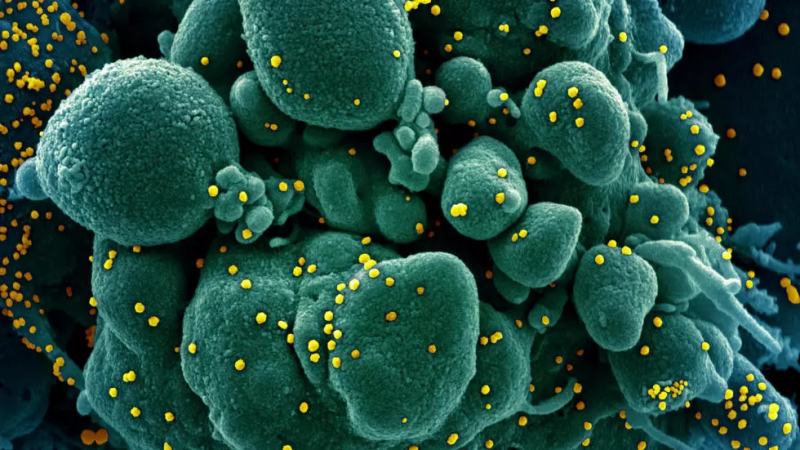 | Can coronavirus strikes someone twice? Those who recover from the coronavirus are probably not going to catch it again, at least in short term while the question on how that ... |
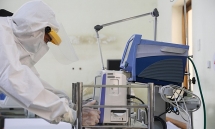 | Coronavirus latest news, March 31: A 71-year-old British patient in Vietnam recovered and discharged On Tuesday morning, March 31, the world has recoreded 785,712 infections and 37,814 deaths , also 165,606 recoveries. The Covid-19 disease has spread to 200 ... |
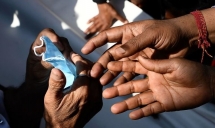 | The novel coronavirus outbreak around the globe in pictures The world over is bracing itself upon the emerging of the novel coronavirus that's going more and more rampant. Below is a closer insight into ... |
In topics
Recommended
 World
World
Pakistan NCRC report explores emerging child rights issues
 World
World
"India has right to defend herself against terror," says German Foreign Minister, endorses Op Sindoor
 World
World
‘We stand with India’: Japan, UAE back New Delhi over its global outreach against terror
 World
World
'Action Was Entirely Justifiable': Former US NSA John Bolton Backs India's Right After Pahalgam Attack
Popular article
 World
World
US, China Conclude Trade Talks with Positive Outcome
 World
World
Nifty, Sensex jumped more than 2% in opening as India-Pakistan tensions ease
 World
World
Easing of US-China Tariffs: Markets React Positively, Experts Remain Cautious
 World
World

